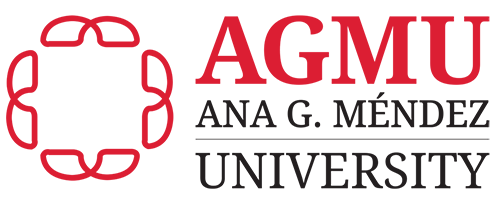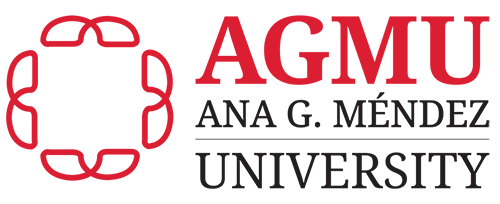Here are some effective job search strategies to help you find the right opportunities:
- Define Your Career Goals
Clarify Your Interests: Understand what kind of job you want, the industry you're interested in, and your preferred work environment (remote, hybrid, or in-office).
Set Specific Goals: Create clear and measurable job search objectives, such as applying to a certain number of jobs each week or networking with a specific number of industry professionals. - Leverage Online Job Boards
Popular Platforms: Use job boards like LinkedIn, Indeed, Glassdoor, and Monster to search for job openings.
Industry-Specific Sites: Consider specialized job boards for certain fields (e.g., Stack Overflow for tech jobs, AngelList for startups, or Behance for design-related roles).
Set Alerts: Set up job alerts for roles you’re interested in, so you’ll receive notifications when new jobs are posted. - Network Effectively
Connect on LinkedIn: Ensure your LinkedIn profile is complete and optimized. Connect with professionals in your field and engage with relevant content.
Attend Networking Events: Participate in conferences, webinars, and local meetups to connect with industry professionals and learn about job openings.
Reach Out to Contacts: Don’t hesitate to contact former colleagues, mentors, or acquaintances to ask for advice, referrals, or job leads. - Use Social Media for Job Searching
Follow Companies and Recruiters: Follow companies you're interested in on LinkedIn, Twitter, and Facebook. Many companies post job openings directly on these platforms.
Engage with Posts: Like, comment, and share relevant industry posts to get noticed by recruiters or hiring managers.
Create Content: Share your expertise, industry insights, or even your job search journey to establish your personal brand and increase visibility. - Research Companies
Target Companies: Create a list of companies you’re interested in and regularly check their careers pages for open positions.
Company Culture: Research the company’s culture, values, and work environment to ensure they align with your career goals.
Reach Out Directly: If you’re passionate about a company but don’t see open roles, reach out directly to inquire about potential openings or internships. - Tailor Your Resume and Cover Letter
Customize for Each Job: Tailor your resume and cover letter for each application, highlighting the skills and experiences that match the specific job description.
Use Keywords: Incorporate keywords from the job description to pass through Applicant Tracking Systems (ATS).
Show Results: Focus on quantifiable achievements and outcomes in your previous roles to make your resume stand out. - Practice Interview Skills
Mock Interviews: Practice answering common interview questions with a friend, mentor, or career coach to build confidence.
Prepare for Behavioral Questions: Use the STAR method (Situation, Task, Action, Result) to answer behavioral interview questions.
Know the Company: Research the company thoroughly before the interview to ask insightful questions and demonstrate interest in their mission and culture. - Consider Temporary or Contract Work
Freelance and Gig Economy: Temporary or contract roles can be a great way to gain experience, build your resume, and get your foot in the door.
Staffing Agencies: Work with staffing or recruitment agencies that specialize in your field. They can connect you with short-term or long-term opportunities. - Stay Organized
Track Your Applications: Use a spreadsheet or job search tracker to stay organized and follow up on your applications.
Set Deadlines: Create deadlines for applying to specific positions and following up with recruiters.
Track Networking: Keep track of people you’ve contacted, events you’ve attended, and conversations you’ve had. - Be Persistent and Stay Positive
Follow Up: After applying, don’t be afraid to follow up with recruiters or hiring managers to show your continued interest.
Keep a Positive Mindset: Job searching can take time, so stay motivated and be patient with yourself throughout the process.
By following these strategies, you can increase your chances of finding a job that aligns with your skills, interests, and career goals. More information in this video


